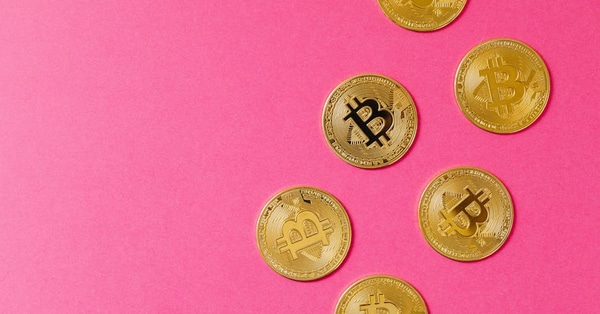Australia Faces Risk of Falling Behind in Global Tokenization
Australia's financial regulator warns that the nation risks being left behind as global tokenization reshapes markets, urging for regulatory modernization.
The Australian financial regulatory body has issued a cautionary statement indicating that the country may be at risk of lagging in the wake of blockchain-driven tokenization, a trend that is revolutionizing global financial markets. The Australian Securities and Investments Commission (ASIC) emphasizes the need for prompt regulatory updates to harness innovation effectively.
During a speech at the National Press Club in Canberra on November 5, Joe Longo, Chair of ASIC, pointed out that tokenization—the process of converting tangible assets into digital tokens—is significantly altering capital markets around the world.
Longo warned that if Australia does not adapt to these changes, it risks becoming a “land of missed opportunity.”

“Australia must innovate or stagnate. Seize the opportunity or be left behind,” he declared during his keynote presentation.
Longo drew parallels between the emerging wave of tokenization and significant technological advancements in finance, such as the advent of electronic trading and the establishment of the ASX’s CHESS system in 1994.
He asserted that distributed ledger technology has the potential to "fundamentally transform our capital markets," enabling instant settlements, fractional ownership, and enhanced accessibility for investors.
“According to J.P. Morgan, their money market funds are set to be fully tokenized within two years,” he added, noting that major players like Nasdaq and the Depository Trust & Clearing Corporation (DTCC) are also in the process of developing tokenized trading and settlement solutions.
These comments emerge against the backdrop of a global push to digitize conventional assets. For instance, Switzerland’s SIX Digital Exchange has already facilitated over $3 billion in digital bond issuances, while the United Kingdom is experimenting with a digital securities sandbox through initiatives led by the Bank of England and the Financial Conduct Authority.
In stark contrast, Australia’s endeavors in tokenization are still in nascent stages, with pilot projects like Project Acacia, spearheaded by the Reserve Bank and the Digital Finance Cooperative Research Centre, exploring the realm of tokenized debt markets.

Tokenization enables various assets, including real estate, government bonds, and private credit, to be digitally represented on blockchains, enhancing efficiency, transparency, and liquidity.
Currently, the global market for tokenization has surpassed an impressive $35.8 billion, underscoring the urgency for Australia to take decisive action or risk being overshadowed by its international counterparts.
Tags:
Related Posts
Unlocking Blockchain: Your Simple Guide to Understanding It
Curious about blockchain? This beginner's guide breaks it down and explores how this revolutionary tech can enhance your daily life. Dive in!
Your Essential Guide to Choosing a Hardware Wallet
Wondering how to protect your crypto assets? Dive into our guide on selecting the best hardware wallet for your digital fortune!
Unlocking Blockchain: Your Guide to Getting Started
Curious about blockchain? Join me as we unravel this game-changing technology in a simple, relatable way. Let's make sense of it together!
Unlocking Smart Contracts: Your Simple Guide to Blockchain
Curious about smart contracts? Discover how they work and their benefits in this easy-to-follow guide for beginners in the blockchain world!
Unlocking DeFi: Top 5 Platforms for Yield Farming in 2024
Curious about yield farming in 2024? Discover the top 5 DeFi platforms that can help you maximize your crypto profits this year!
Unlocking NFTs in Real Estate: The Future of Ownership
Curious about how NFTs are reshaping real estate? Discover the potential of digital property ownership and what it means for investors today!